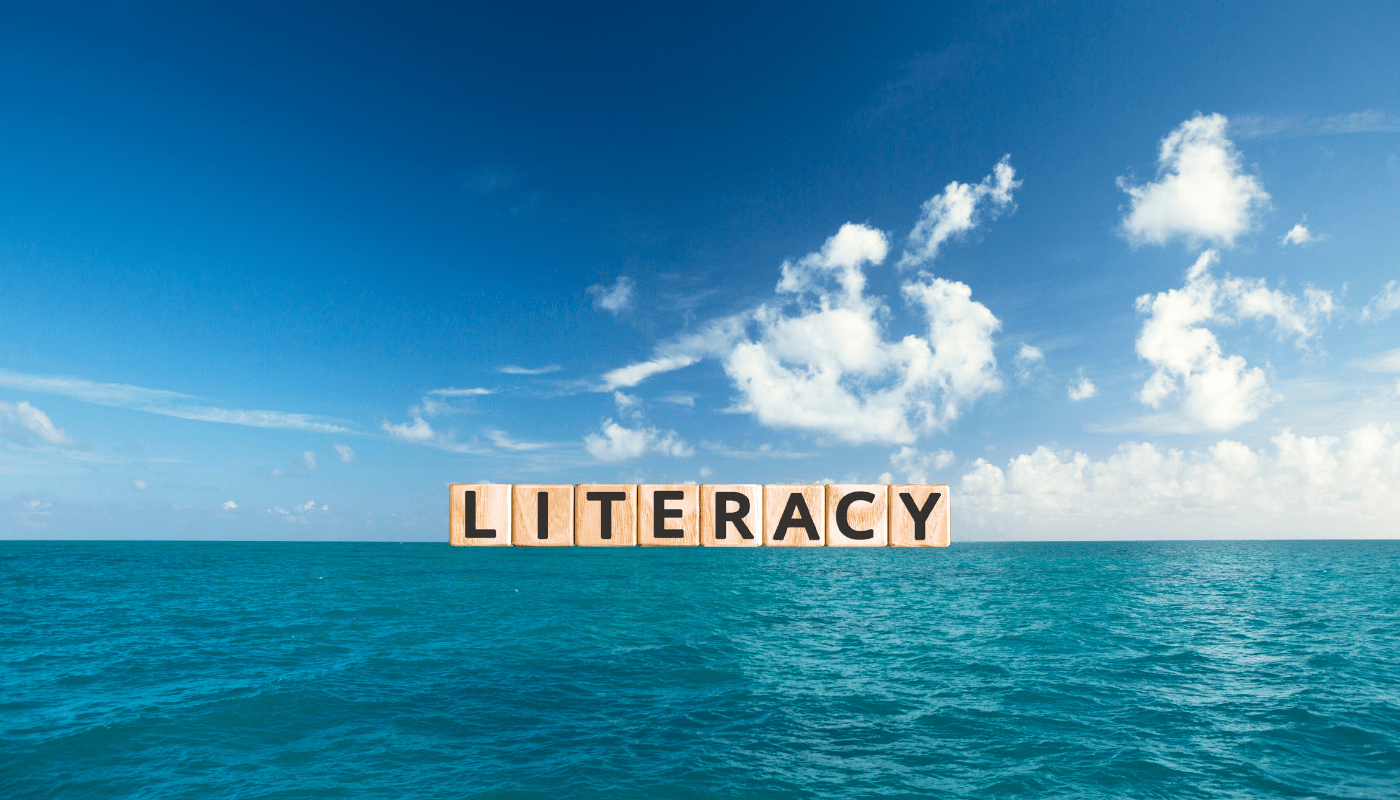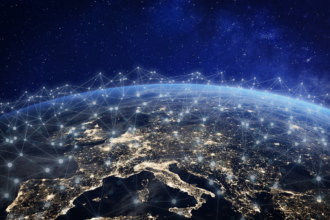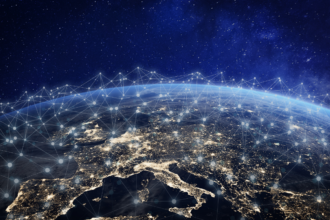[Ocean Literacy]: “An understanding of the Ocean’s influence on you and your influence on the Ocean” – UNESCO, Intergovernmental Oceanographic Commission
Climate change, overuse of marine resources and pollution constitute a menacing triarchy for Earth’s Ocean and, ultimately, to life on earth as we know it. Apart from the natural aspects, such as mitigating climate changes and providing food resources, the Ocean provides mankind with numerous benefits such as employment, transportation, cultural features, etc1. Our dependence on the Ocean is so deep that approximately 60% of our civilization lives in regions within 60 km of the sea2,3, with around 50% of cities having over 1 million habitants, representing important economic centres, located in coastal areas3.
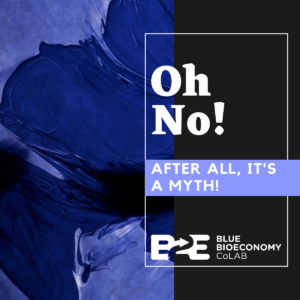
Ocean Literacy is key
It is consensual that only with firm, efficient and fast actions devoted to tackle climate and Ocean imbalances, do we stand a chance of restoring environmental homeostasis – such actions imply changes in our lifestyle habits, especially those related to overproduction, overconsumption, and non-sustainable choices1. Only a joint effort carried out by all actors of society at different levels will in fact lead the way towards Ocean sustainability by 2030. For this, strategies to improve societal connection to the Ocean need to be in place, which brings Ocean Literacy to the spotlight.
To write about Ocean Literacy makes me automatically think about Sylvia Earle and how spot-on she is.
“Far and away the biggest threat to the Ocean is ignorance.”
Sylvia earle
An Ocean Literate individual can be a student, a parent, an elder, a construction worker, a scientist, and so forth – the premise of being such individual is that they/them can effectively communicate about the Ocean, bears awareness towards its challenges, and understands how actions and behaviours interconnect to impact the Ocean.

B2E’s Ocean Literacy mission
B2E is deeply invested in developing Ocean Literacy campaigns, bearing in the heart the hope of shaping the minds of present and future leaders, students, parents, consumers, inhabitants of Earth. At B2E, we are strongly devoted to actions related to sustainable aquaculture, conscious consumption choices, and the overall valorisation of marine bio-resources; we take action through initiatives that bring compelling fact-based knowledge to the spotlight, thus strengthening the connection between the audience and blue bio challenges while raising awareness for these matters. Not only have our campaigns been disseminated on our website and social networks but also in platforms of key importance, such as the Ocean Decade Satellite activities (by the United Nations), the Ocean Literacy Portal of UNESCO and the Side Event at ONU Ocean Conference.
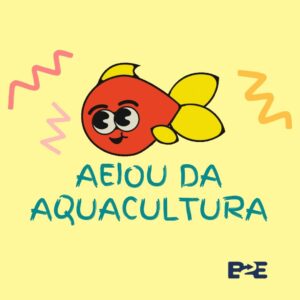
B2E has also been fortunate to integrate important networks in this field such as the EU4Ocean and RiseUP Ocean initiatives. Ocean Literacy is in our DNA and we work daily to improve how we contribute to a better Ocean. Follow us, subscribe our newsletter now to be up to date with all our initiatives and become an Ocean Literate, are you ready?
References
1. Wisz, M.S.; Satterthwaite, E.V.; Fudge, M.; Fischer, M.; Polejack, A.; John, M.S.; Fletcher, S.; Rudd, M.A. 100 Opportunities for More Inclusive Ocean Research: Cross-Disciplinary Research Questions for Sustainable Ocean Governance and Management. Front. Mar. Sci. 2020, 7, 576.
2. Garcia-Soto, C.; Cheng, L.; Caesar, L.; Schmidtko, S.; Jewett, E.B.; Cheripka, A.; Rigor, I.; Caballero, A.; Chiba, S.; Báez, J.C.; et al. An Overview of Ocean Climate Change Indicators: Sea Surface Temperature, Ocean Heat Content, Ocean pH, Dissolved Oxygen Concentration, Arctic Sea Ice Extent, Thickness and Volume, Sea Level and Strength of the AMOC (Atlantic Meridional Overturning Circulation). Front. Mar. Sci. 2021, 8, 642372.
3. United Nations. The Second World Ocean Assessment: World Ocean Assessment II, Vols. I and II United Nations; United Nations: San Francisco, CA, USA, 2021; ISBN 978-92-1-1-130422-0.
4. European Marine Board. Navigating the Future V: Marine Science for a Sustainable Future; Position Paper 24 of the European Marine Board: Ostend, Belgium, 2019; ISBN 9789492043757.


